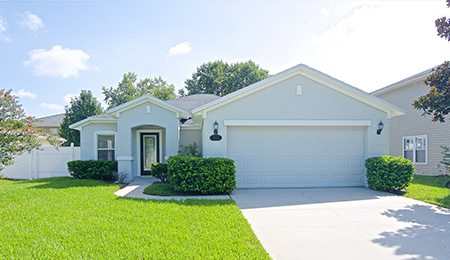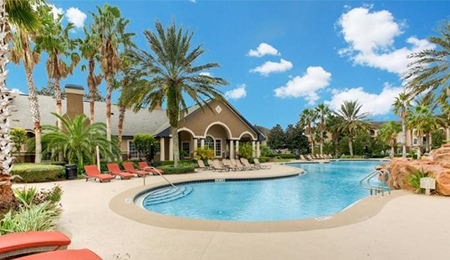Florida Bar Board Certified elder law attorney Kellen Bryant joins me today to discuss an important financial investments and savings rental property exception that you might want to know about.
To Kellen, Florida is one of the nicer states when it comes to how they treat a lot of Medicaid and rental property rules. These two areas tie together because if you need nursing home care and you have a rental property that would count against you getting the care that you need, you’ll have to sell your home on the fly, which can be a loss.
In Florida, however, there are some things you need to do relating to that property, but you don’t have to sell it in order to qualify for skilled nursing care. Here, the rules are reversed: Florida allows you to pay with cash to purchase an income-producing property—cash that generally counts against people when it comes to nursing home qualification. This is called the income-producing property exception, which is a noncountable asset when it comes to your financial eligibility to receive Medicaid to help pay for a nursing home.
There are two main catches when it comes to this strategy, however.
1. Any kind of net profit relating to this rental property has to go toward your nursing home copay.
2. If the deed is not set up correctly to create an enhanced life estate or ladybird deed, then the state of Florida can set up a lien on the property at the time of the owner’s death.
“There are a lot of details underneath the surface, but when done correctly, this is a good way to protect your assets.”
Here’s a good example of how the income-producing property exception might work:
Suppose a family is taking a loved one to go into a nursing home facility. Let’s say that loved one has $300,000 cash in the bank, and the family decides to use that money to pay the nursing home. When that money runs out, they then apply for Medicaid. The above-mentioned strategy would allow the family members to instead take that cash to go buy a rental property to then use for the cost of nursing care.
It’s not advisable to pursue this strategy on your own. To do it properly and ensure a seamless process with no liens, you need to do it under the auspice of an experienced elder law attorney. In the example laid out above, you wouldn’t necessarily need to spend all $300,000 on the rental property, as one of the disadvantages of choosing this route is that your money becomes tied up in the real estate process. But this way, the cash is protected, and you have a reliable stream of income going toward your loved one’s nursing care.
If you have any questions about this exception, reach out to Kellen at (904) 470-2300, or visit his website at https://www.bbelderlaw.com/.
For other real estate questions or suggestions for future topics, you can always reach out to ERA Heavener Realty. We’d love to hear from you.



